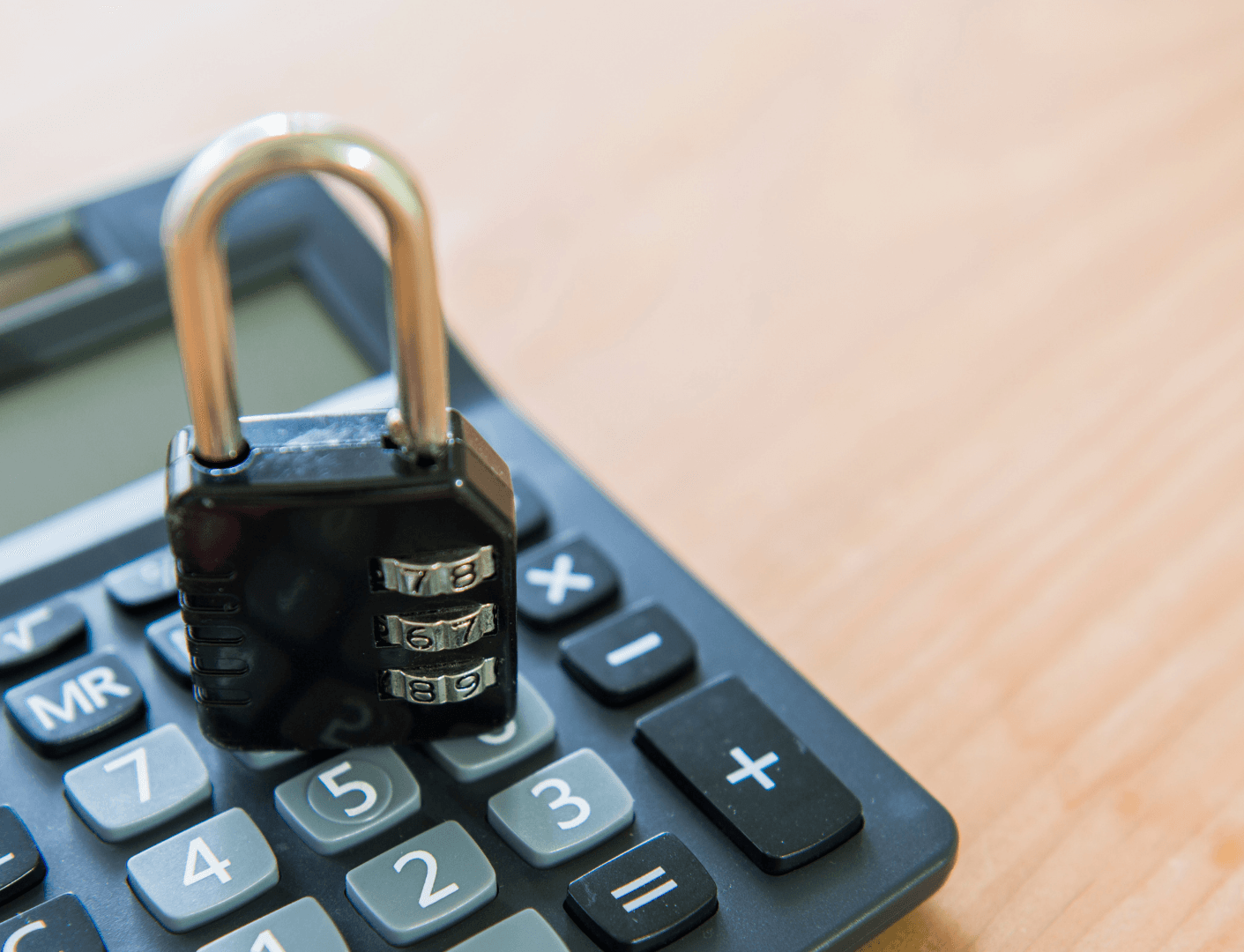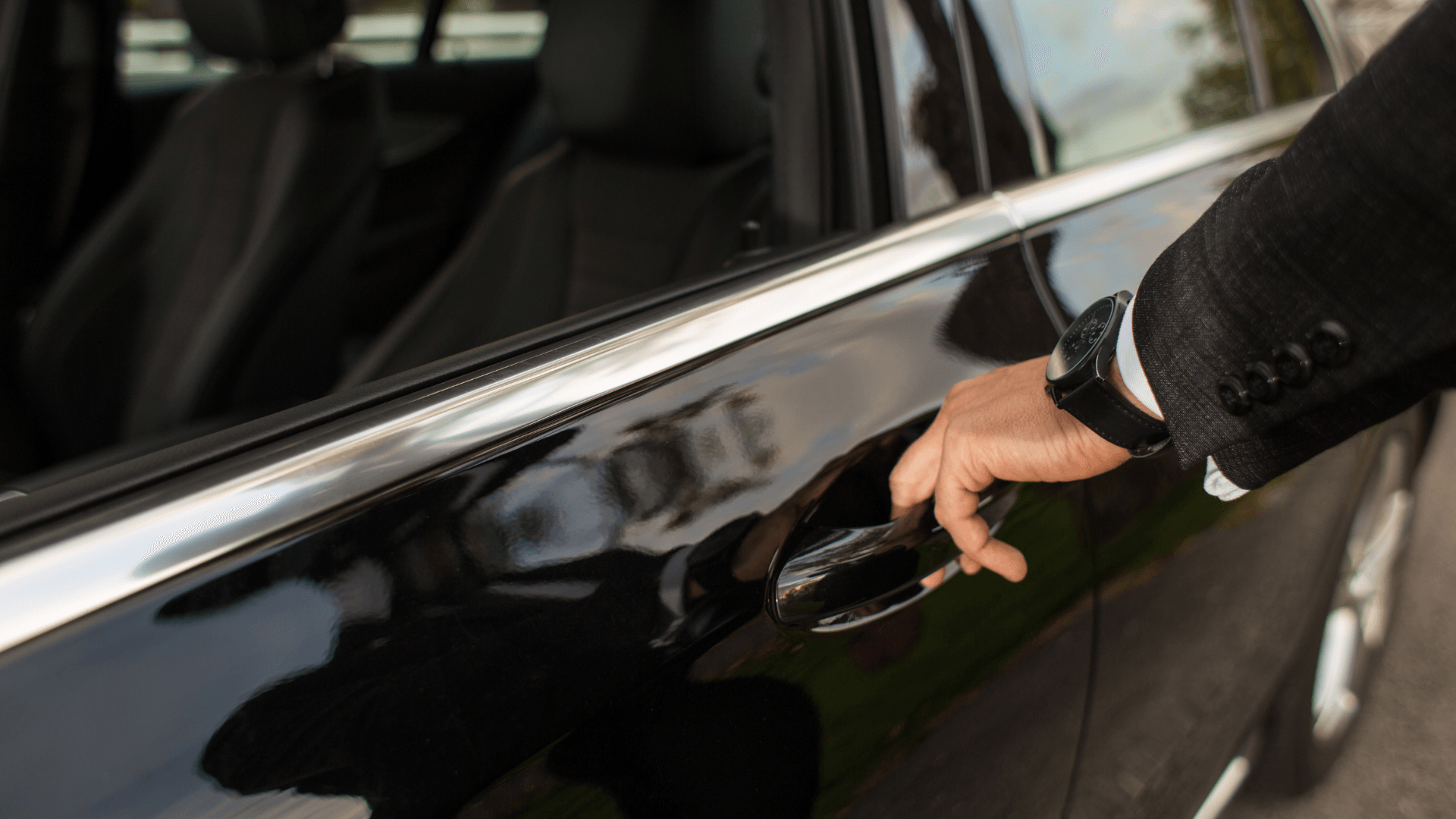How To Protect Your Ideas
The World is Full of Information.
We live in a digital age where it's easier than ever to share and access new content, but with that ease comes a whole host of dangers. Make sure you're the first to file for patents. You don't want someone else stealing your idea after you've invested lots of time, money, and effort into turning it into something tangible. There are countries worldwide that offer patent filing services – doing this means that within as little as 12 months, your claim will take precedence if someone tries to patent something identical. There are many ways to protect your ideas from any other person. It is crucial to protect your business ideas before someone else steals them. The chances are that you might not be able to process any legal claims on your work if the other person has already protected your ideas from you.
It would be best if you also protected your ideas as soon as they entered your mind. If you think of an idea, you mustn't share it with anyone until you have a patent pending and the product has been created.
Innovation cannot be a secret for long, at least till your business invention has a patent. You will have to apply for a patent, fill the patent application, and get a patent trademark to sue someone for stealing your idea legally. The law offers protection to inventors' ideas only if they've declared ownership of the prototype before officially releasing it to the world.
When someone comes up with a brilliant idea, they might want to tell family and friends about it – but what happens if one of those people ends up stealing the idea? It can be challenging to prove that they stole the idea after being told, so any evidence should be recorded right away by taking photos or writing things down. Keep written records of everything regarding your invention in case there are disputes over who invented something first.
It's essential to take note of the date that you had your idea; this has to be done before it is public knowledge. You also need to ensure that you don't disclose any information about what you're working on until you have a patent filed. If someone steals your idea, they could file for an early patent and get priority over you when it comes to results. For this reason, many people recommend keeping all invention ideas secret until they are ready to unveil them in their final form or after asking for a patent – if they can prove the first discovery of an invention, then a patent will more often than not be granted. If you think something may already exist similar to your idea, some research online before going ahead and spending on a patent is recommended.
Once you're done with the patent application, a patent attorney will help keep a trade secret, making a confidentiality agreement. The confidentiality agreement will protect your business idea/invention.
Trademarks offer another form of protection for businesses and entrepreneurs – this comes in the form of a distinctive 'brand' that can be protected legally. If someone produces, sells, or uses a product that resembles your trademarked name or logo without permission, then they are breaching your intellectual property rights. In most countries, you need to prove that the public would confuse what they're doing as being associated with you – it's not possible to claim ownership over an idea. Still, once an idea has been patented, it is granted exclusive rights, which infringers will have to pay for if necessary. This applies regardless of whether the infringing party knew about the original creator or not – to copy a finished product would make things more complicated than copying an idea. Still, even then, it's essential to act quickly.
Remember that you need to prove 'first rights' when asking for patents, so waiting until your product is ready won't necessarily protect you from others trying to copy it. It's also not worth forcing someone who has taken or used your idea without permission to stop doing so unless they are making a profit out of it – this gives them grounds to sue you if you try and take legal action against them for no good reason.
Create a protected system that will keep your business/company secrets safe.
You should also be aware that some countries offer less protection than others, so it might not be worth asking for a patent if you plan on selling your products in the US but think they may end up being sold in places that offer better protection. In addition, many countries won't allow patents for things such as mathematical theories or computer programs – this means that when you have an idea, it's essential to check whether or not you can protect it before investing time and resources into a project.
If someone else gets a patent filed before you, you will need to formally contest their claim by proving they were not the first inventor. This is usually done by challenging the claims made with examples of previous work or showing how similar their invention is to something that already existed. If someone sues you for infringing on their patent rights, then they will most likely win the case if they can prove that your product is very similar to theirs; even if you do succeed in court, it will most likely mean that you'll have to dramatically change the design of your product (which will cost time and money) so it's best to prevent this from happening by being aware of what others are doing when coming up with new ideas.

Trade Secrets
Copyright will protect any written work but doesn't apply to ideas themselves which is why it's important to consider filing for a patent if you want to ensure that someone isn't able to take your designs or ideas and claim them as their own. Copyrights only last for around 50 years from when they were published, so if you're still using something written over 100 years ago, there is no copyright protection available. In order to be granted copyright status in most countries, works must be original enough that other people can't copy the general concept.
It's essential to be careful when filing for a patent so you don't accidentally reveal information that could give other people
ideas about how your product works or what it does. This means that, if possible, it's best not to show anyone any of the drawings, sketches, or drafts until you are ready to file because otherwise, they are likely to get copied by someone else who wants to get ahead of you in the race for patents. If you file too early, then this will give others time to copy your idea and possibly beat you into filing as well – waiting until everything is perfect makes it much harder for someone else to claim they came up with the same thing as you.
People can avoid copyright infringement with simple tricks. But this will affect the mark you were supposed to create for the service you would offer. You must discuss exclusive information with your attorneys so that your ownership cannot be taken from you. There are many ways to protect your idea, such as hiring a patent attorney or keeping a trade secret, getting legal advice, completing the patent application, protection of your business/company secrets, pressing charges with the help of an attorney in the legal office, and protecting the secrecy of more innovation-related inventions. The search process can take some time, but you can contact our office to keep your business/company secret safe.
However, there may also be cases where you can benefit from revealing your idea to others – for example, if you are looking for investors or business partners and need their backing to produce the product. In these cases, it might make sense to share parts of your concept but only with people you trust and know the value of keeping the information confidential.
A trade secret is just a secret idea hidden from the people. Perhaps the most significant trade secret is the secret ingredient to coca-cola. If you want the secrecy level to be as high as coca-cola, you must demand the ownership of your inventions and get legal advice to protect your business/company secrets. Once your patent application is made, you can then have an agreement with an attorney to keep the trade secrets hidden with the help of the state standard law protections. The common law protections help in keeping your business/company idea a secret till you are patented. Discuss the patent application process with your law attorney. Several agreements will be held for trade secrets.
It's also important to remember that copyright can protect some aspects of a design but not others; this means that someone may be allowed to copy part of what you've done without infringing on copyright laws but copying everything could give them grounds for infringement.
Remember that patenting something doesn't necessarily mean that other people won't end up using your invention anyway! If they are willing to pay the fees, then all they need to do is submit their patent for the same thing, and then they can legally use it. This means that you will need to be prepared to file regular patents in order to keep your product safe.
Intellectual Property
The patents give inventors the intellectual property protections that stop other people, for a limited period, from selling their company secrets. You may contact our law office to get a free simple example of how we offer our services to make a mark and keep your inventions secure. Discuss the pending patent application with our attorneys. Avail of our services to keep your idea secure. Protecting the idea of inventors is the duty of our attorneys. Our attorneys will offer you a free estimate of our services.
If you had paid more attention before, you'd realize some agreements are not the best idea for the inventors. There are many ways to protect your idea. You can keep trade secrets with the help of patents or an attorney. Make your mark in the industry. During the period of secrecy, it is crucial to find proof of your invention. Discuss it with your attorney in our office and let the trademarks agreements process begin. At the time of disclosure, you can ask that your information be kept safe.
U.S. Patent And Trademark/
Patent And Trademark Office
The U.S Patent and trademark offices issue provisional patents. The provisional patent and trademark office allows the inventor to keep trade secrets, trademarks, and an agreement to support your ideas secure. The provisional patents trademarks issue you the agreement of your rights to the mark/sign that enables you to prevent others from using your ideas legally. You may contact our team of experts to get another example of how to keep your ideas safe.
Limit the people who have access to your ideas, have your employees sign some non-disclosure agreements. This is a sign of trust that will help keep your idea safe for an extended period. Trade secret non-disclosure agreements. If you feel like your excellent idea is in danger of being stolen, or is already stolen, then you may contact our team of experts right away. We will help you claim the copyright of your inventions before anything else. Your ideas and business secrets are safe with our professionals who have been working for many years. We aim to keep our customers delighted with our services, so we offer fantastic client confidentiality.
in today's accelerated, seemingly instantaneous market-patent best; secret formula (think Coke Cola),; design patent, be 1st to marker (those companies with first to market penetration still are top of the market - - - McDonald's, Apple, Amazon, Walmart, IBM, SalesForce, PayPal, etc.) competition but maintaining #1 status Or contact us at www.cooksoutsourcingnetwork.com











